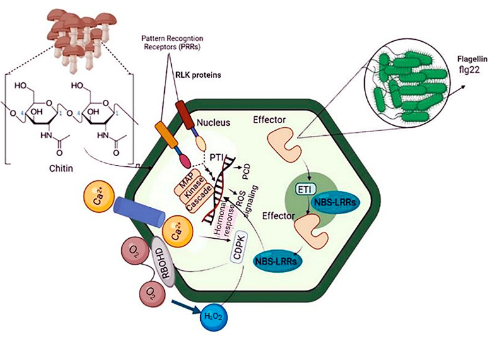New Clinical Trial Explores Alternative Treatment for Head and Neck Cancer Patients Unable to Use Cisplatin
A physician-scientist at the University of Oklahoma is contributing to a global effort aimed at finding alternative treatments for head and neck cancer patients who are ineligible for cisplatin, the standard chemotherapy drug.
Cisplatin is widely used in cancer treatment but can cause significant kidney and hearing damage, making it unsuitable for patients with pre-existing kidney issues or hearing loss. Efforts to identify safer alternatives have been challenging. Dr. Christina Henson, a radiation oncologist at the University of Oklahoma and associate professor in the OU College of Medicine, recently co-authored a study published in The Lancet, which tested the efficacy of the immunotherapy drug durvalumab in combination with radiation therapy as a potential substitute for cisplatin. The study compared durvalumab with cetuximab, another immunotherapy drug.
“Cetuximab has shown effectiveness in clinical trials without causing kidney or hearing damage, but it comes with significant side effects, such as a widespread rash,” Dr. Henson explained. “We are searching for alternatives that offer the same benefits but with fewer side effects, particularly for older, more vulnerable patients.”
However, the study’s results were disappointing. “Durvalumab did not perform better than cetuximab when combined with radiation therapy,” Dr. Henson said. “In fact, patients on durvalumab fared worse. Ultimately, it was likely no more effective than radiation alone. Although the findings were not what we hoped for, negative clinical trials are crucial as they help guide future research directions.”
Building on this research, Dr. Henson and her team are now exploring a different approach through a new clinical trial investigating the use of hafnium, a heavy metal injected directly into the tumor to enhance radiation therapy. Unlike chemotherapy and immunotherapy, this method does not rely on systemic drug treatments.
Hafnium is an inert and harmless metal, but when introduced into a tumor and exposed to radiation, it significantly boosts radiation’s cancer-killing effect. The University of Oklahoma is one of 160 sites worldwide participating in this trial, known as NANORAY-312.
“This metal-based agent is designed to maximize radiation absorption by the tumor while protecting healthy tissues,” Dr. Henson said. “We are eager to explore this innovative treatment for head and neck cancer patients who cannot receive cisplatin, with the hope of providing them with new and effective options.”







